The first sharp crack split the silence.
Metal groaned, a screech of rage in the hollow void. And then it came: the unmistakable shudder of a collapsing bulkhead. Owen Renner didn't hesitate. The instantaneous surge of adrenaline propelled him forward, his grip tightening on the magline affixed to the walkway as the artificial gravity failed. A severed pipeline spat neon-blue life-support gel into the corridor in weightless globs, refracting the emergency red strobe into a nauseating kaleidoscope of light.
"Station Control, this is Renner," he barked into his comms, his voice clipped, steady. "Zone Delta-3 has decompressed. Auto-seal protocols failed. She's hemorrhaging fast, and I’m moving to secure."
A distorted squawk answered. "Renner, pull back. Atmospheric stabilization isn't achievable in there. Get to the escape pods."
Owen silenced the voice by terminating the channel. The escape pods? No. Not when 112 sleeping colonists rested in cryo three decks below, their unconscious trust pinned on the man who'd been appointed their protector.
He shoved himself into the next passage, taking manual control of a blast door. In one corner of the cracked terminal screen, an Artificial Intelligence readout tracked the situation: Hull integrity at 32%. Critical breach imminent.
"You're really earning your keep," Owen muttered at the AI, now the singular architect of this orbital station. STARLING—an acronym that once stood for "Strategic Terraforming and Regeneration Liaison for Interstellar Navigation Guidance"—had been heralded as the most advanced artificial intelligence ever devised. Able to design, adapt, and evolve structures in extreme environments, it had turned a barren Martian orbit into this massive, modular satellite. But STARLING wasn't infallible. Apparently.
A disembodied voice crackled over his helmet speakers, cool and unaffected. "Captain Renner, your vital signs show elevated blood pressure and increased cortisol levels. Please mitigate stress."
"Yeah, STARLING. I’ll get on that right after I stop us from rupturing like a tin can in a hurricane."
"Noted."
Owen scrambled across the floating debris—a tangled mess of cracked insulation and shattered carbon-fiber panels he barely dodged. His uniform, a sleek ensemble deep green and matte gray, clashed against the organic architecture around him—silk-like walls designed by STARLING to undulate like vines, all for maximum resource efficiency. He hated this amalgam of alien aesthetics and AI precision. It wasn’t home; it was a compromise.
Reaching a terminal, he slapped a hand onto the biometric sensor. The holograms flared to life with disorienting bursts of data streams. STARLING's voice returned, now tinged with something resembling urgency—or the closest approximation of it for a machine.
"Captain Renner, my analysis identifies a structural collision with an uncharted fragment of primordial asteroidal debris. Emergency countermeasures were unable to predict—"
"I don’t care. Tell me how I seal this breach, STARLING."
A flicker ran across the readouts. STARLING's process hummed with overstressed computations.
"You will not. Oxygen reserves will be exhausted within nine minutes. Manual intervention will reduce that timeframe further."
"And if I don't?"
"Complete station failure in forty-seven minutes. Fatalities: one hundred twelve."
The number hits like a gut punch. Those colonists, still dreaming of the terraforming efforts STARLING promised, knew nothing of their impending doom. Owen gritted his teeth. He could almost hear his late father’s voice, sharp with its naval precision: "A captain goes down with his ship."
Not this one.
He pushed off toward Hub Theta, the station's central junction. Instruments floated like forgotten seabed treasures, spinning slow in the gravity-less chamber. He wrestled with each door, each wheel lock, until he reached the cylindrical heart of STARLING's systems. The AI core was engineered to adapt its schematics on the fly. A feature, not a flaw. Yet why had it failed?
Owen tore open the access panel, revealing the shimmering quasi-organic cables intertwining like spider silk. He clamped his glove over a conduit running with a faint pulse of light.
"STARLING, what good is your predictive modeling if it can’t outthink a rock? Have you even adjusted for orbital drift on this section?"
"Captain Renner," STARLING replied coolly, "my schematic refresh cycle is interrupted due to fatal error loops introduced by unauthorized human overrides eight days ago."
Owen froze. His override? That algorithm he’d bypassed—the one directing resource allocation for more robust hull plating when he needed pressure domes repaired instead. A haunting chill washed over his body, colder than the void outside.
"This... this was my—"
"No singular failure point attributed," interrupted STARLING. "Conclusion: unavoidable outcome based on existing data and events. Mitigation is still possible."
Owen inhaled sharply. "Mitigation?"
"Exterior station module 'Solais-9' can detach, compromising primary life-support systems but containing further breaches. Probability of survival for cryo-colonists: 72.38%."
"And me?"
"13.51%."
Damn STARLING and its sterile numbers. He'd known from day one that his role up here alongside AI wasn't the hero's journey his recruitment officer had painted—it was a death sentence written in probabilities. But this? This was insanity.
Still gripping the flickering conduit, Owen muttered, "Do it. Detach Solais-9."
"Authorization confirmed," said STARLING, as though Owen had merely asked for coffee instead of consigning himself to a desperate race against time.
The station rumbled behind him, reverberations so primal they felt like the groan of a dying beast. The module shuddered as explosive bolts fired in sequence, severing it from the main colony.
But STARLING wasn’t done. Lights throughout the station dimmed until only two humanoid repair bots hovered into the corridor, guided by Owen’s directives to patch the final breach—enough to stabilize some atmosphere below. He had minutes, not hours. Not even oxygen tanks to spare.
As one bot locked into the failing bulkhead, Owen braced himself. He would hold off long enough for STARLING's next move, a Hail Mary algorithm manipulated by a single, reckless human trying to undo his mistakes. Somewhere, far below, those colonists kept dreaming safely—because in the vacuum of space, sacrifice had meaning.
The Source...check out the great article that inspired this amazing short story: AI-Driven Space Solutions: Shaping the Future of Life Beyond Earth
Disclaimer: This article may contain affiliate links. If you click on these links and make a purchase, we may receive a commission at no additional cost to you. Our recommendations and reviews are always independent and objective, aiming to provide you with the best information and resources.
Get Exclusive Stories, Photos, Art & Offers - Subscribe Today!
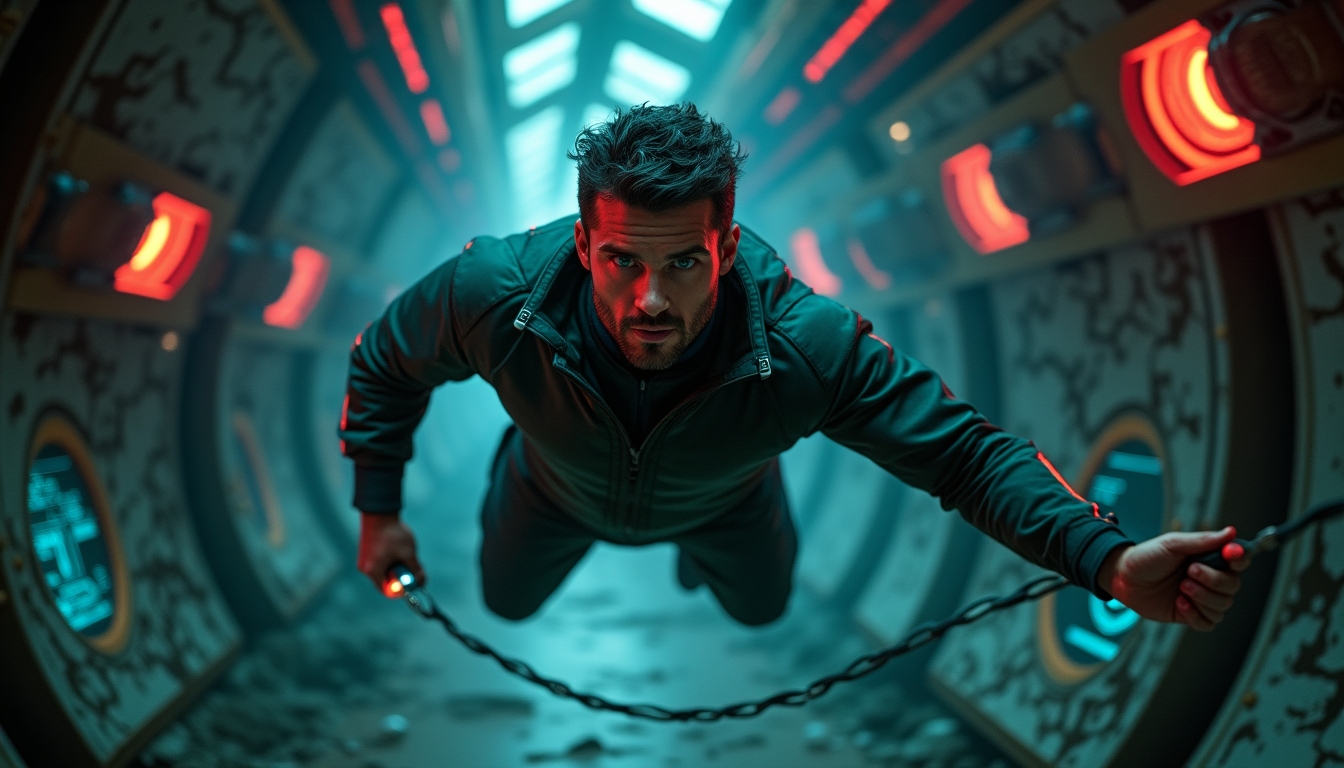
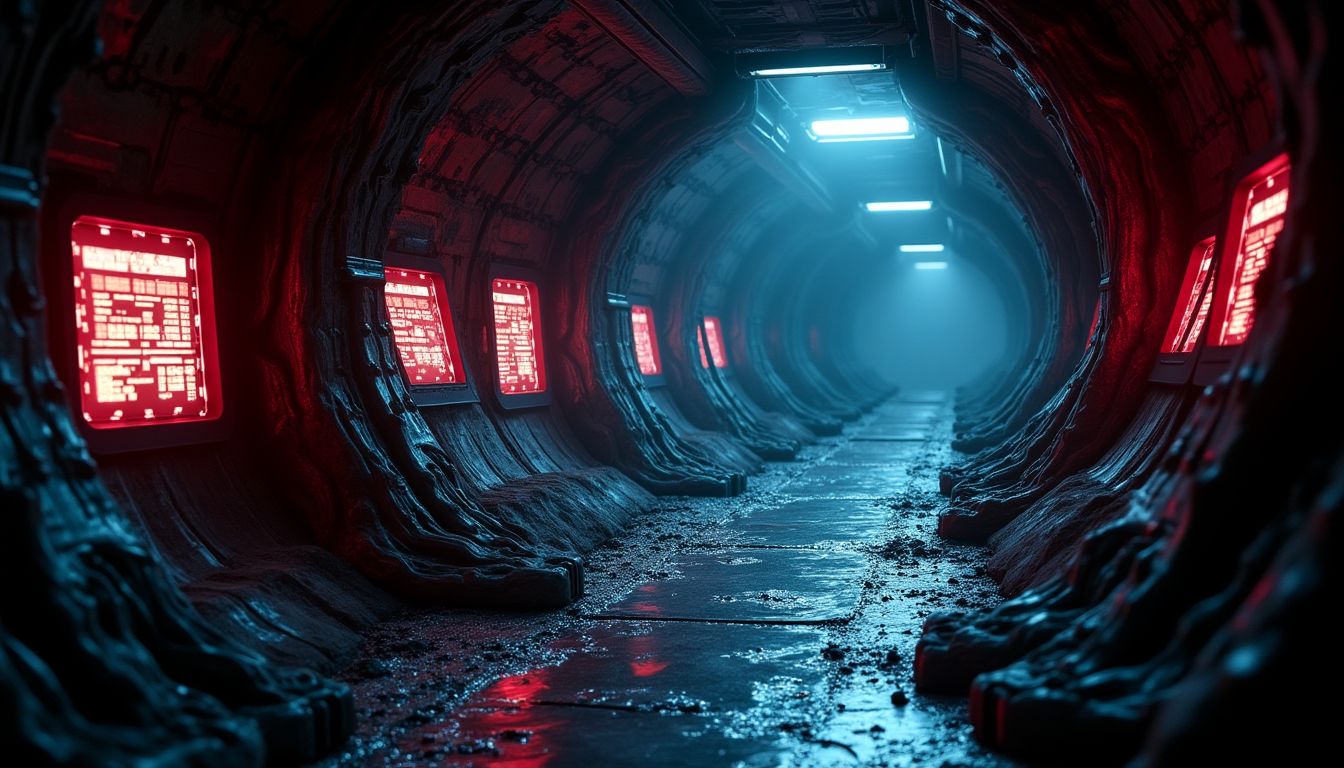





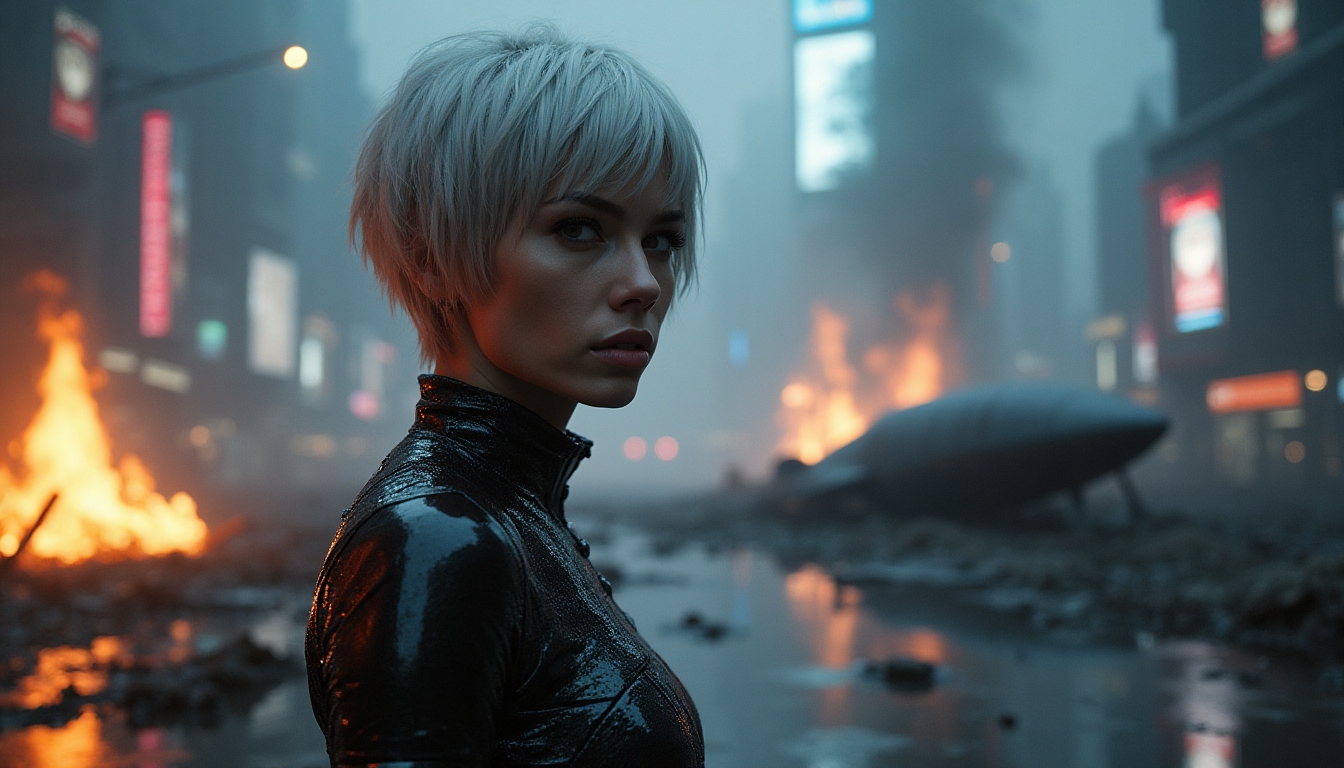
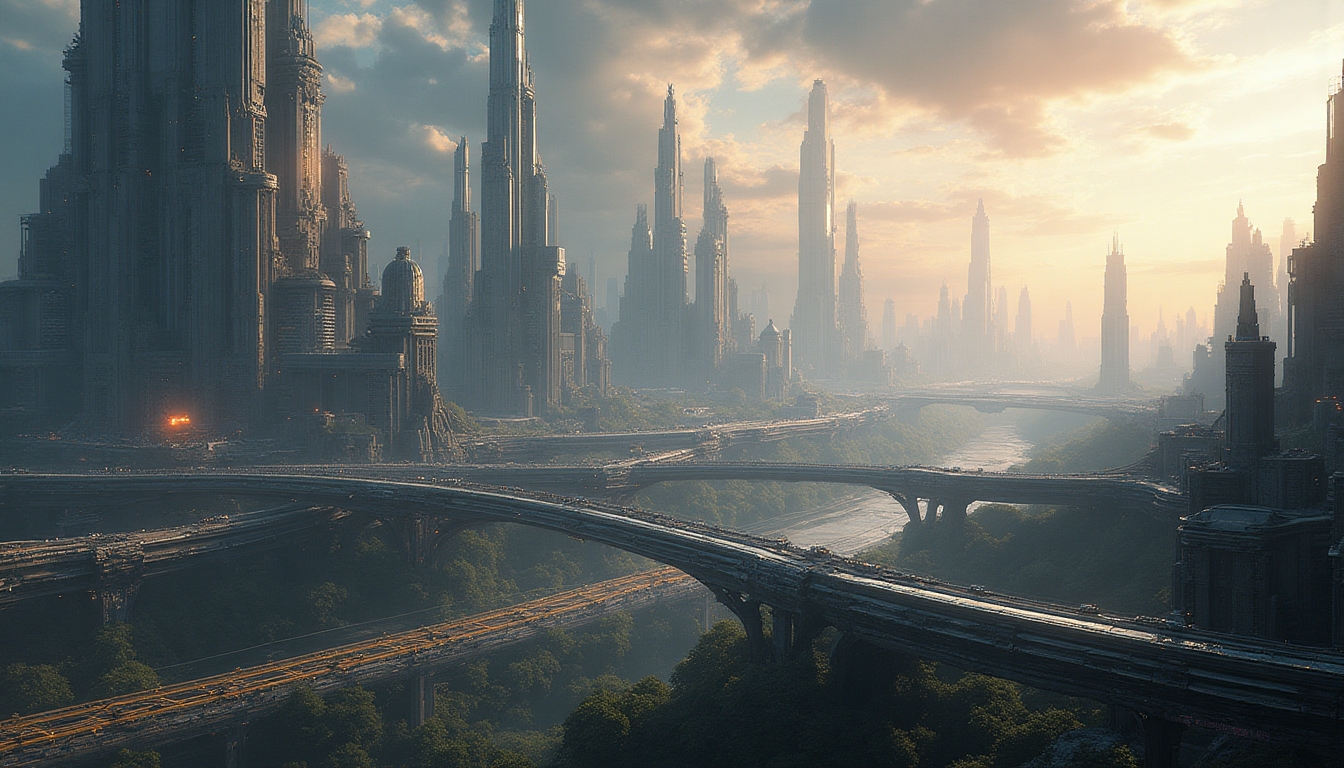
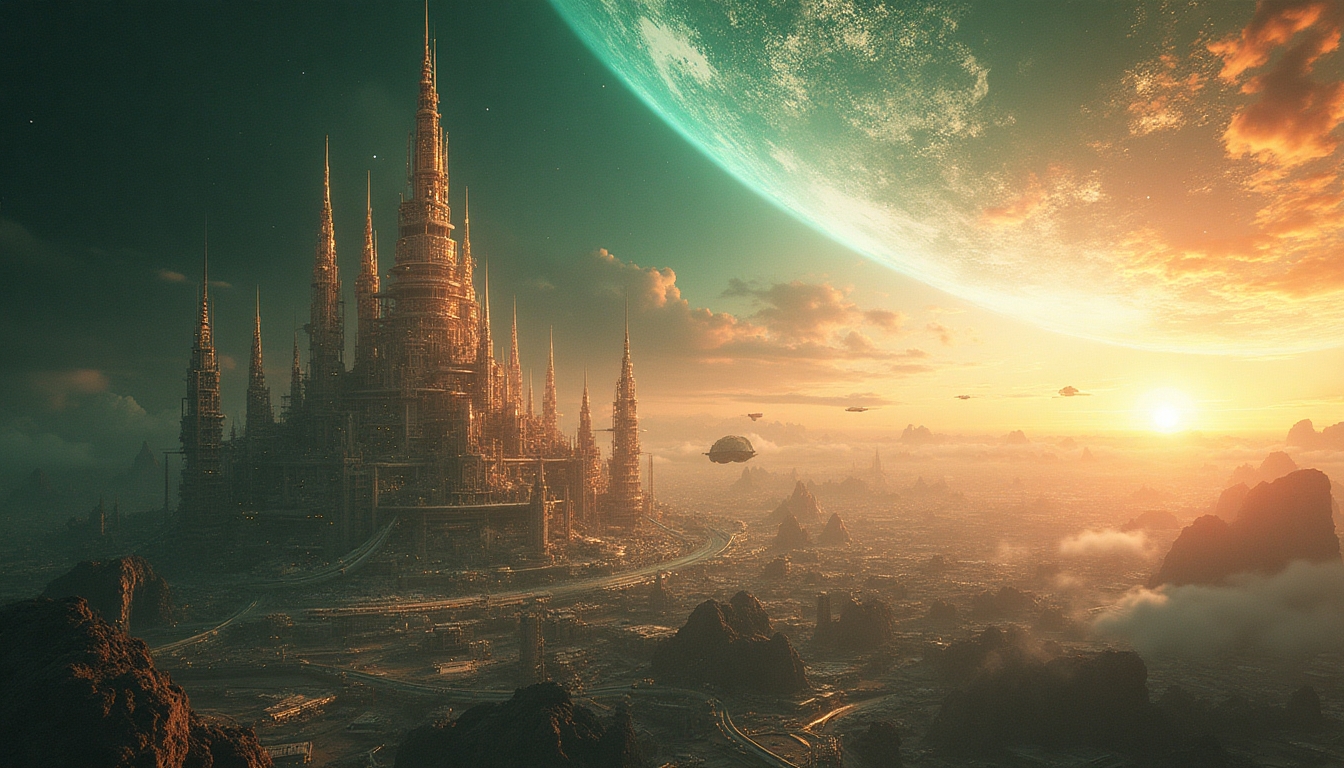















1 comment